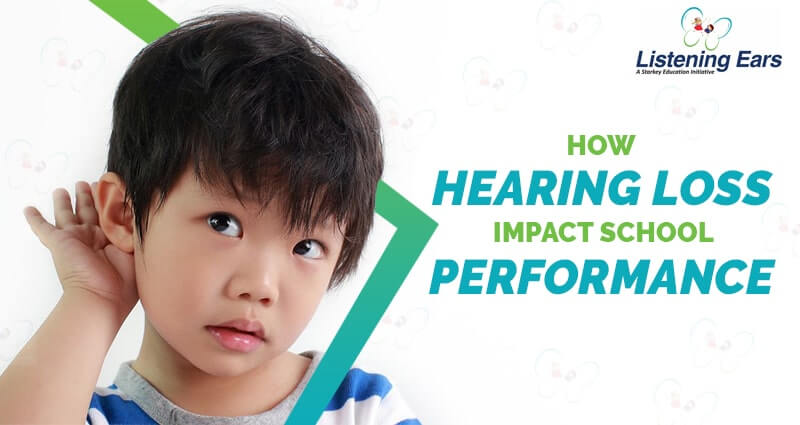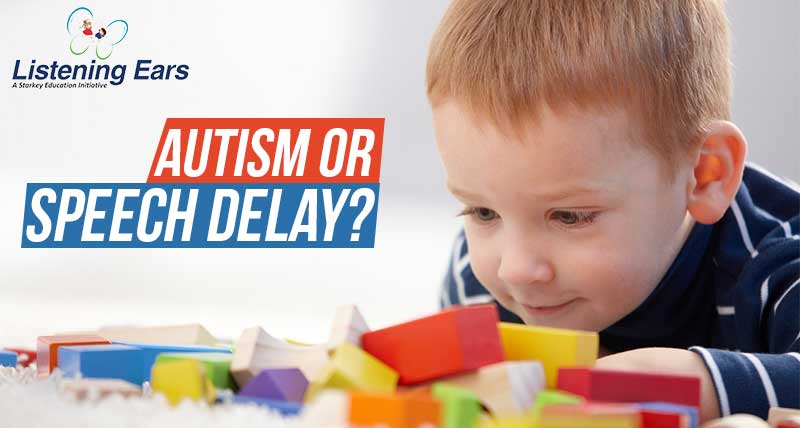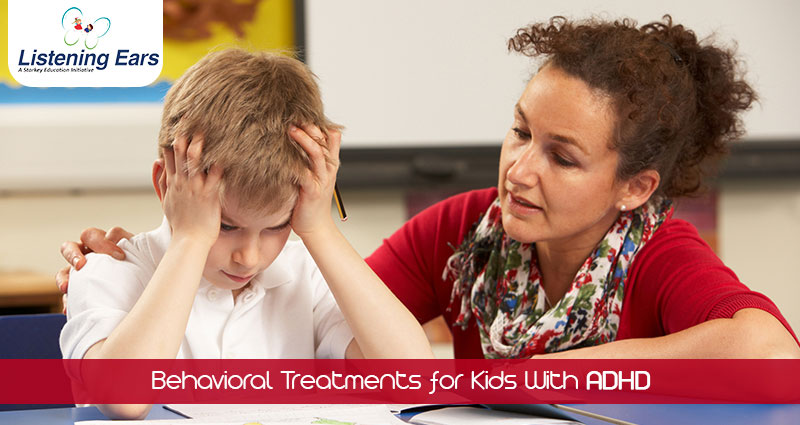How hearing loss affects school performance

Strategies to Keep Your Child Motivated
May 27, 2019
Why Reading with Children Is Important
July 9, 2019Imagine a student who is inattentive, poorly behaved in class and getting bad grades. Your first thought might be that the child has a learning disability. But you also might want to consider the possibility that the child has hearing loss, it is more common than you think. Quite often hearing loss, whether mild or severe, has a profoundly negative effect on academic performance.”
“Hearing is critical to speech and language development, communication and learning. Hearing loss causes delays in development of speech and language, and those delays then lead to learning problems, often resulting in poor school performance. Unfortunately, since poor academic performance is often accompanied by inattention and sometimes poor behavior, children with hearing loss are often misidentified as having learning disabilities such as ADD and ADHD.”
“According to the American Speech-Language Hearing Association (ASHA), children who have mild to moderate hearing loss but do not get intervention services are very likely to be behind their hearing peers by anywhere from one to four grade levels. And for those with more severe hearing loss, intervention services are even more crucial; those who do not receive intervention usually do not progress beyond the third grade level.”
“In addition to classroom environment, certain subjects are just intrinsically more difficult for a child with hearing loss. While the ability to hear affects all aspects of academic achievement, perhaps the areas most affected are those involving language concepts. Vocabulary, language arts, sentence structure and idiomatic expressions are extremely difficult for a child affected by hearing loss to grasp.”
“In addition to academic struggles in school, children with hearing loss can also experience trouble socially. Communication is vital to social interactions and healthy peer relationships; without the ability to communicate effectively they often experience feelings of isolation and unhappiness. If a child with hearing loss is excluded from social interactions or is unwilling to participate in group activities due to fear of embarrassment, the result is that she can become socially withdrawn, leading to further unhappiness. Children with hearing loss are also slower to mature socially, which hinders peer relationships.”
“As the “offensive line” in the classroom, teachers are in a unique position to help students by arming themselves with the knowledge as to how a student with a hearing loss receives and understands information, as well as comprehensive knowledge of an individual student’s capabilities and level of comprehension. Since early intervention is key, signs teachers can watch for in the classroom include:”
- Inattentiveness
- Inappropriate responses to questions
- Daydreaming
- Trouble with following directions
- Speech problems
“A child who is struggling in school, especially if she has a family history of hearing loss or has had recurring ear infections, should be seen by a hearing care professional for an evaluation. Depending on the results a proper course of intervention can then be recommended. Intervention is crucial, because a child that is supported both at school and at home has the best chance of success, academic and otherwise. If you believe your child is suffering from hearing loss, take her to local hearing healthcare professional (Audiologist) today.”




